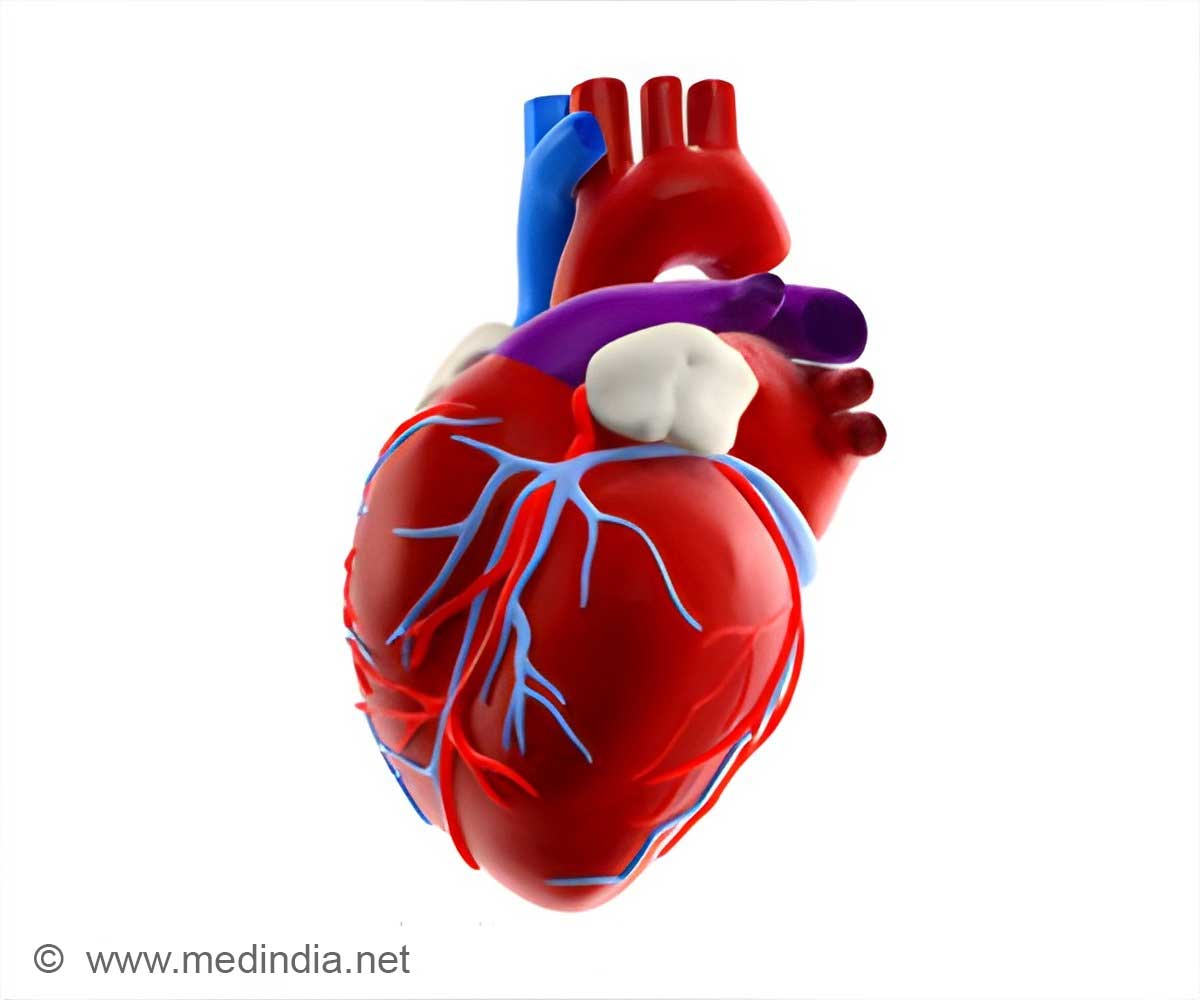Injectable hydrogel may help repair and prevent further damage to the heart muscle if administered shortly after a heart attack.

‘Injectable hydrogel may help repair and prevent further damage to the heart muscle if administered shortly after a heart attack. This helps further analyze the delivery system of hydrogel to the sites of injury and design effective treatments.’





"This project involved the development and testing of an elastin-based hydrogel derived from a naturally occurring biomaterial in the human body. The hydrogel was developed to mimic the environment around the heart following infarction and then customized to have the ability to protect and promote regeneration of the cardiac tissue", says Professor Abhay Pandit, Scientific Director of CÚRAM at National University of Ireland Galway and project lead. Hydrogel Injection in Heart Damage
Multiple injections of the unique biomaterial – hydrogel into the cardiac tissue helped assess its therapeutic effect thereby demonstrating its efficacy for cardiac tissue remodeling following a heart attack.
It was seen that timely injection of hydrogel into the heart muscle that is, shortly after a heart attack, results in less fibrosis (scarring of the cardiac tissue) and an increase in the generation of new blood vessels in the area. Increased preservation and survival of cardiomyocytes (a type of cell that allows the heart to beat) was also observed in the affected area.
"In this study, we employed a model to specifically look at a type of heart attack that has increased in incidence and is not often treated until the acute phase resolves. Scar tissue that forms after the heart attack often remodels negatively, causing future problems like heart failure. The timely injection of this hydrogel appears to change the way the heart muscle heals after a heart attack. There is a significant positive histological, biological and functional recovery of the injured heart muscle. Work is progressing now to deliver this to the sites of injury in different clinical settings and will be followed with translation into a clinical trial", says Professor Mark Da Costa, Cardiothoracic Surgeon and senior co-author of the study, said
Advertisement















